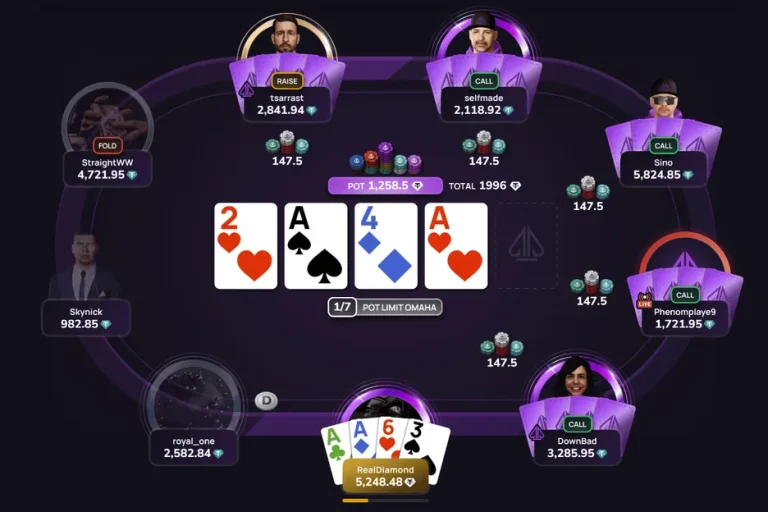Wild cards have long added an exciting twist to the game of poker, creating unpredictable hands and shifting strategies. While not typically used in official tournament settings, wild cards are a staple in many home games and casual variations. They can transform the dynamics of the game, introducing new layers of strategy, bluffing, and decision-making.
Understanding how wild cards work — and how to use them effectively — can give players a competitive edge, especially in informal or mixed-format games.
What Are Wild Cards in Poker?
A wild card is a card designated to represent any other card a player may need to complete a hand. This flexibility allows for stronger hands and more dramatic showdowns. Common wild cards include jokers or a specific card rank (like deuces or one-eyed jacks), depending on the rules of the game being played.
The presence of wild cards often leads to higher-ranking hands, which means players must adjust their expectations of what constitutes a winning hand.
Types of Wild Cards Commonly Used
Different poker games introduce wild cards in various ways. Here are the most common types:
-
Jokers: Often added to the deck to act as a single wild card.
-
Deuces Wild: All twos (2s) in the deck are wild.
-
One-Eyed Jacks: The jack of spades and jack of hearts are considered wild.
-
Aces, Kings, or Other Declared Cards: In dealer’s choice games, the dealer may declare a certain card rank as wild for that hand.
Each type changes the probability landscape and strategic approach, making adaptability a key skill in wild card poker games.
How Wild Cards Affect Hand Rankings
When wild cards are introduced, players are more likely to make premium hands such as four of a kind, straight flushes, or even five of a kind — a hand that doesn’t exist in standard poker without wilds.
This higher hand potential shifts the average strength required to win a pot. For example, a full house may not be as strong in a wild card game as it would be in traditional Texas Hold’em. Players must re-evaluate which hands are worth betting or folding based on the elevated probabilities.
Strategy Tips for Playing with Wild Cards
Wild card games are more volatile, but savvy players can still find ways to gain an edge:
-
Adjust Your Standards: Don’t overvalue hands like two pair or even a low full house — aim for stronger combinations.
-
Track the Wilds: Keep mental notes of what wild cards have been revealed or folded. This information can help you read opponents more accurately.
-
Avoid Predictable Play: Because wild cards lead to stronger hands, players often assume big bets mean big hands. Use this to your advantage with timely bluffs.
-
Manage Your Bankroll: The swings in wild card games can be steeper. Play within your limits to weather high variance.
Are Wild Card Games Suitable for Beginners?
Wild card games are fun and engaging but can be confusing for new players unfamiliar with hand rankings or advanced strategies. However, they can also serve as a learning tool, helping beginners understand hand building and adaptability in less rigid formats.
If you’re introducing poker to a casual group, wild cards can make the experience more entertaining and less intimidating.
FAQ
What is the strongest possible hand with wild cards?
The strongest hand in a wild card game is typically five of a kind, which can only be made if wild cards are in play. For example, four aces and a joker would make five aces — a hand that outranks a straight flush.
Are wild cards used in professional poker tournaments?
No, wild cards are not used in standard tournament formats like Texas Hold’em or Omaha. They are primarily found in home games and informal settings where players agree on custom rules.
How many wild cards should be used in a game?
It depends on the format and player preference. Some games include just one joker, while others like “Deuces Wild” use four wild cards. The more wilds in play, the higher the hand values and the greater the variance, so balance is key for fair and fun gameplay.


